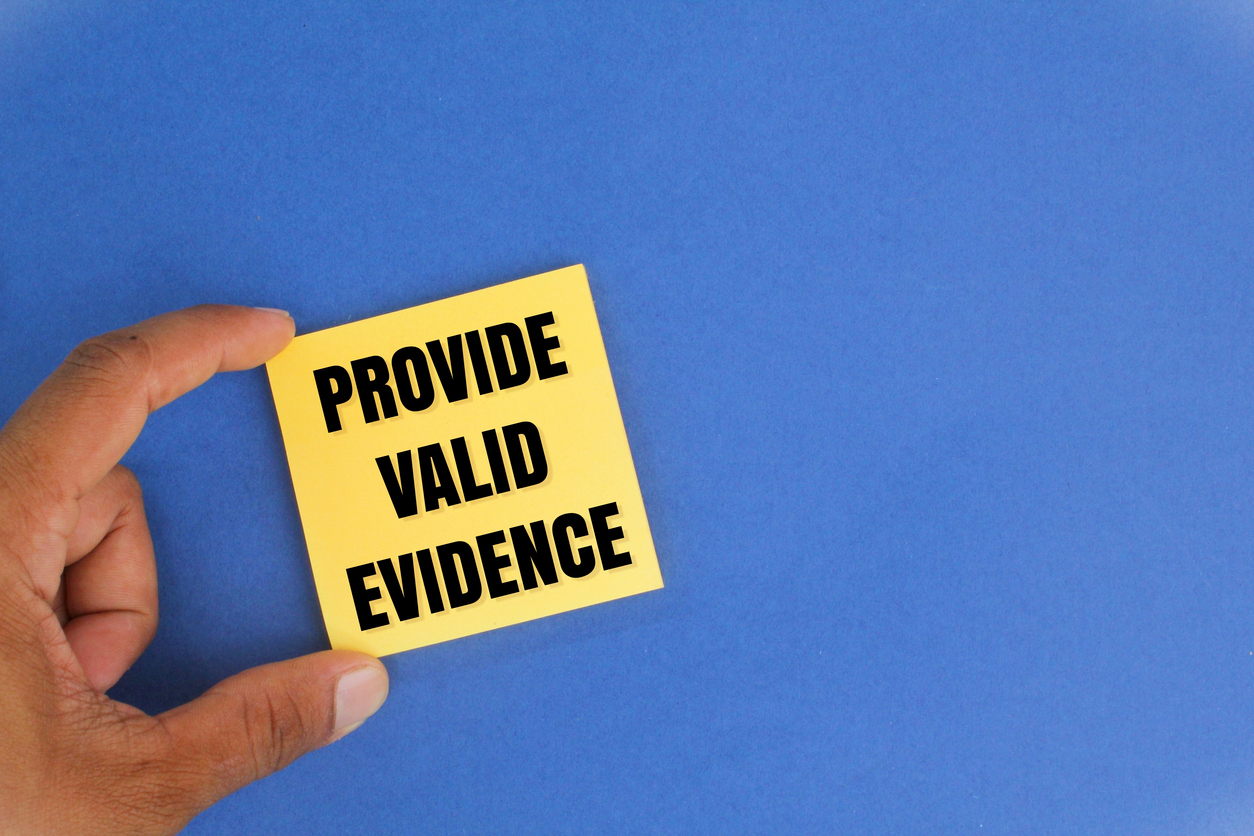Monday’s hailstorm was likely one of the most damaging hailstorms to impact the Denver metropolitan area. Thousands of homeowners, business owners, and associations will be filing insurance claims in the coming days, if they haven’t already done so.
Insurance policies contain numerous conditions and requirements for coverage and payment of the claim. Insureds and their representatives must be mindful to seek legal advice from Colorado licensed attorneys who are familiar with the intricacies of Colorado law.
Merlin Law Group has several Colorado licensed attorneys. For a complete list of Merlin attorneys licensed in Colorado, click here. You can also determine whether an attorney is licensed in Colorado by clicking here.
While the insurance policy contains many conditions and requirements, one of the most important is the time within which a lawsuit must be initiated. Some of this topic has previously been addressed on this blog, but a short recap is always helpful:
Breach of Contract:
Homeowner: Must file the lawsuit within three years of the occurrence of the loss, or the date the insured property was damaged. Colorado Revised Statute § 13-80-101.
The insurance policy cannot shorten the time within which a homeowner files suit against the carrier. Colorado Revised Statute § 10-4-110.8.
Commercial: Must file the lawsuit within the time-period prescribed in the insurance policy. In Grant Family Farms, Inc. v. Farm Bureau Mutual Insurance Company,1 the Colorado Court of Appeals held the insurance policy could shorten the period contained in Colorado Revised Statute § 13-80-101.
Tortious Breach of Contract (Bad Faith):
A tortious breach of contract (bad faith) is governed by a two-year statute of limitations. It similarly accrues “on the date both the injury and its cause are known or should have been known by the exercise of reasonable diligence.” Colorado Revised Statute § 13-80-102.
Statutory Claim Under §§ 10-3-1115 and 10-3-1116:
No controlling law currently exists regarding the statute of limitation for claims under sections 10-3-1115 and 10-3-1116. The primary dispute revolves around whether the statute is penal in nature.
Some courts treat the statute as penal in nature, which requires a one-year statute to apply. However, due to the lack of controlling authority this issue was recently certified to the Colorado Supreme Court.2
Further, when the cause of action accrues under these statutes is also in dispute. Colorado Revised Statute § 13-80-108(9) provides:
A cause of action for penalties shall be deemed to accrue when the determination of overpayment or delinquency for which such penalties are assessed is no longer subject to appeal.
However, some courts apply the same accrual language for tortious breach of contract (bad faith), which provides that the cause of action accrues “on the date both the injury and its cause are known or should have been known by the exercise of reasonable diligence.”
Unfortunately, at this time no clear-cut answer exists.
If you have any questions regarding Colorado law, please contact me or another Colorado-licensed attorney at Merlin Law Group.
_______________
1 Grant Family Farms v. Farm Bureau Mut. Ins. Co., 155 P.3d 537, 538 (Colo. App. 2006).
2 Rooftop Restorations v. American Family Mut. Ins. Co., No. 15-cv-2560 (D. Colo. Feb. 8, 2017).



